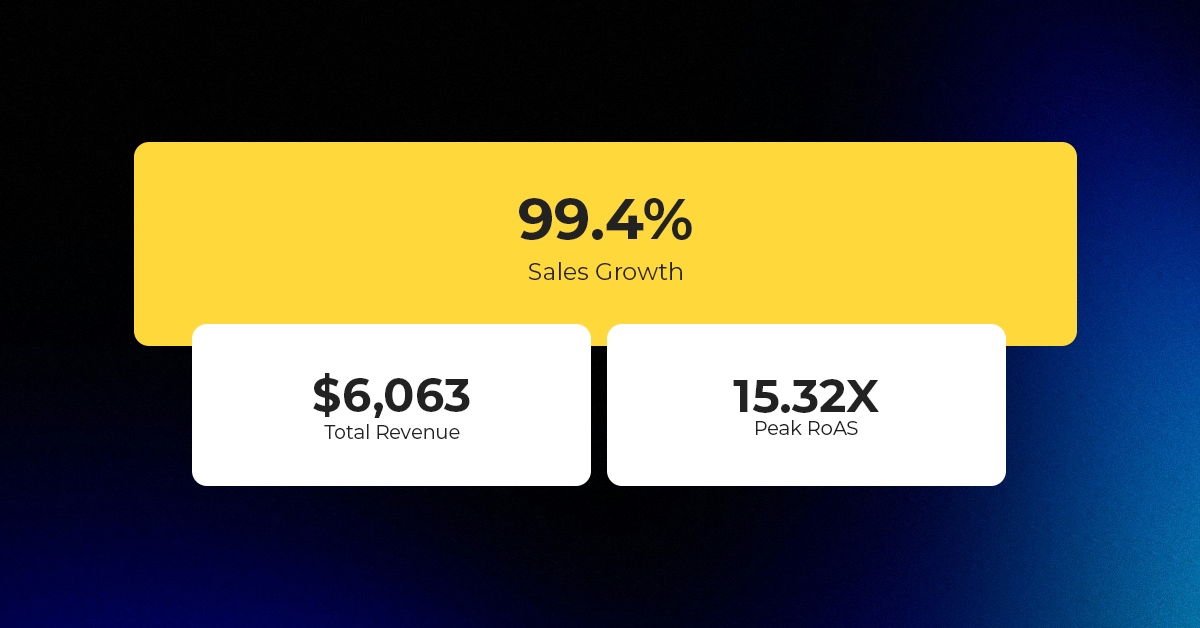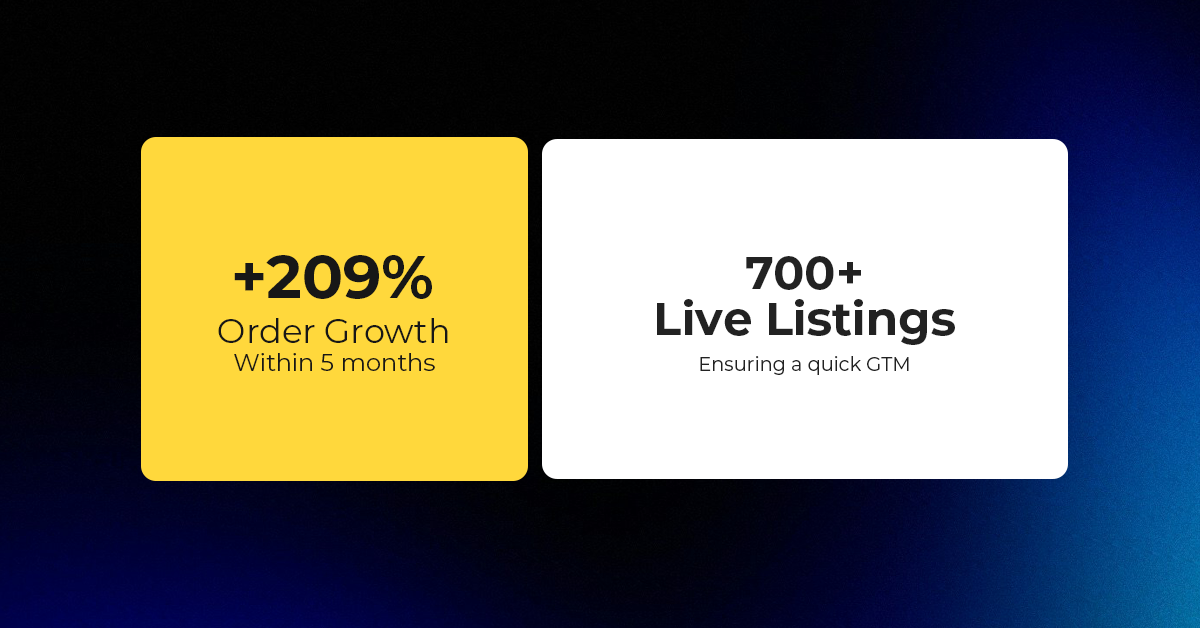Centralized Catalog, Faster Publishing: 40ParkLane’s Marketplace Success with CedCommerce
Reading Time: 4 minutesAbout the Brand: 40ParkLane LLC Studio40ParkLane is a design-led print-on-demand brand created…
Alibaba Group has unveiled a sweeping restructuring of its consumer-facing operations, merging Taobao, Tmall, Ele.me, and Fliggy into a single entity called the Alibaba China eCommerce Group. The move aims to streamline supply chains, unify user bases, and enhance loyalty programs, while sharpening the company’s focus on artificial intelligence (AI) as a driver of growth.
For the quarter ending June 30, Alibaba reported revenue of RMB247.65 billion (US$34.57 billion), up 2% year over year. Excluding divested businesses like Sun Art and Intime, revenue climbed a healthier 10%, reflecting gains in both domestic and international eCommerce operations.
“This quarter, we delivered solid growth. Customer management revenue from our China eCommerce business rose 10% year over year. Cloud Intelligence Group revenue growth accelerated to 26%, with AI-related product revenue maintaining triple-digit growth for the eighth consecutive quarter,” said CEO Yongming Wu during the earnings call.
Taobao and Tmall, the world’s largest and second-largest online marketplaces by gross merchandise value, now sit under the new Alibaba China eCommerce Group alongside food delivery platform Ele.me and travel booking service Fliggy.
The consolidation extends beyond structure. Alibaba has also launched a tiered loyalty program linking Ele.me, Fliggy, and Amap, signaling a push to create a seamless consumer ecosystem across shopping, dining, and travel.
“This is not simply an organizational change; it’s a major strategic investment aimed at redefining the consumer experience and unlocking long-term value across our ecosystem,” said Hong Xu, Alibaba’s head of strategy.
Alibaba is betting big on AI to underpin its next phase of growth. Wu noted that AI-related revenue now makes up over 20% of external customer revenue, while AI applications are boosting traditional businesses like computing and storage.
Key initiatives include:
Alibaba is doubling down on Taobao Instant Commerce, its quick-delivery service. Monthly active users in the segment neared 300 million in August, driving a 25% increase in overall monthly active users on the Taobao app.
Wu emphasized that Alibaba’s roadmap centers on two pillars: consumption and AI + Cloud.
“Over the next three years, we will focus on strategic investments in consumption and AI + Cloud to sharpen our competitive edge and fuel long-term growth,” he said.
With its core platforms unified and AI integrated across services, Alibaba is signaling a long-term bet: that the future of eCommerce lies not just in scale, but in intelligent, ecosystem-driven consumer experiences.

Reading Time: 4 minutesAbout the Brand: 40ParkLane LLC Studio40ParkLane is a design-led print-on-demand brand created…

Reading Time: 3 minutesAbout the Company Brand Name: David Protein Industry: Health & Nutrition (Protein…

Reading Time: 3 minutesOnline retail spending in Germany is entering a renewed growth phase after…

Reading Time: 4 minutesTikTok Shop has released a comprehensive Beauty and Personal Care Products Policy,…

Reading Time: 4 minutesTikTok Shop has formally outlined comprehensive requirements for expiration date labeling and…

Reading Time: 3 minutesTikTok Shop is raising its sales commission for merchants across five active…

Reading Time: 11 minutesBy now you have seen your BFCM 2025 numbers. The harder question…

Reading Time: 3 minutesAbout the Brand Name: Vanity Slabs Inc Industry: Trading Slabs- Vanity Slabs…

Reading Time: 2 minutesAbout the Brand Name: Ramjet.com Industry: Automotive Parts & Accessories Location: United…

Reading Time: 2 minutesAmazon is rolling out strategic referral fee reductions across five major European…

Reading Time: 4 minutesQuick Summary: Scaling Lifestyle Powersports on eBay with CedCommerce Challenge: Zero marketplace…

Reading Time: 4 minutesTikTok has surpassed 460 million users across Southeast Asia, reinforcing its position…

Reading Time: 3 minuteseBay has released its final seller news update for 2025, with a…

Reading Time: 3 minutesAmazon has clarified its stance regarding speculation around a potential breakup between…

Reading Time: 4 minutesWalmart is accelerating its push into next-generation fulfillment by expanding its drone…

Reading Time: 4 minutesFaire, the fast-growing wholesale marketplace connecting independent retailers with emerging brands, has…

Reading Time: 4 minutesB2B buying in the United States is undergoing a fundamental behavioral shift…

Reading Time: 3 minutesSummary Cyber Monday 2025 has officially become the largest online shopping day…

Reading Time: 2 minutesSummary Amazon kicked off December with two major developments shaping the future…

Reading Time: 2 minutesSummary Walmart has entered December with two major moves that signal a…